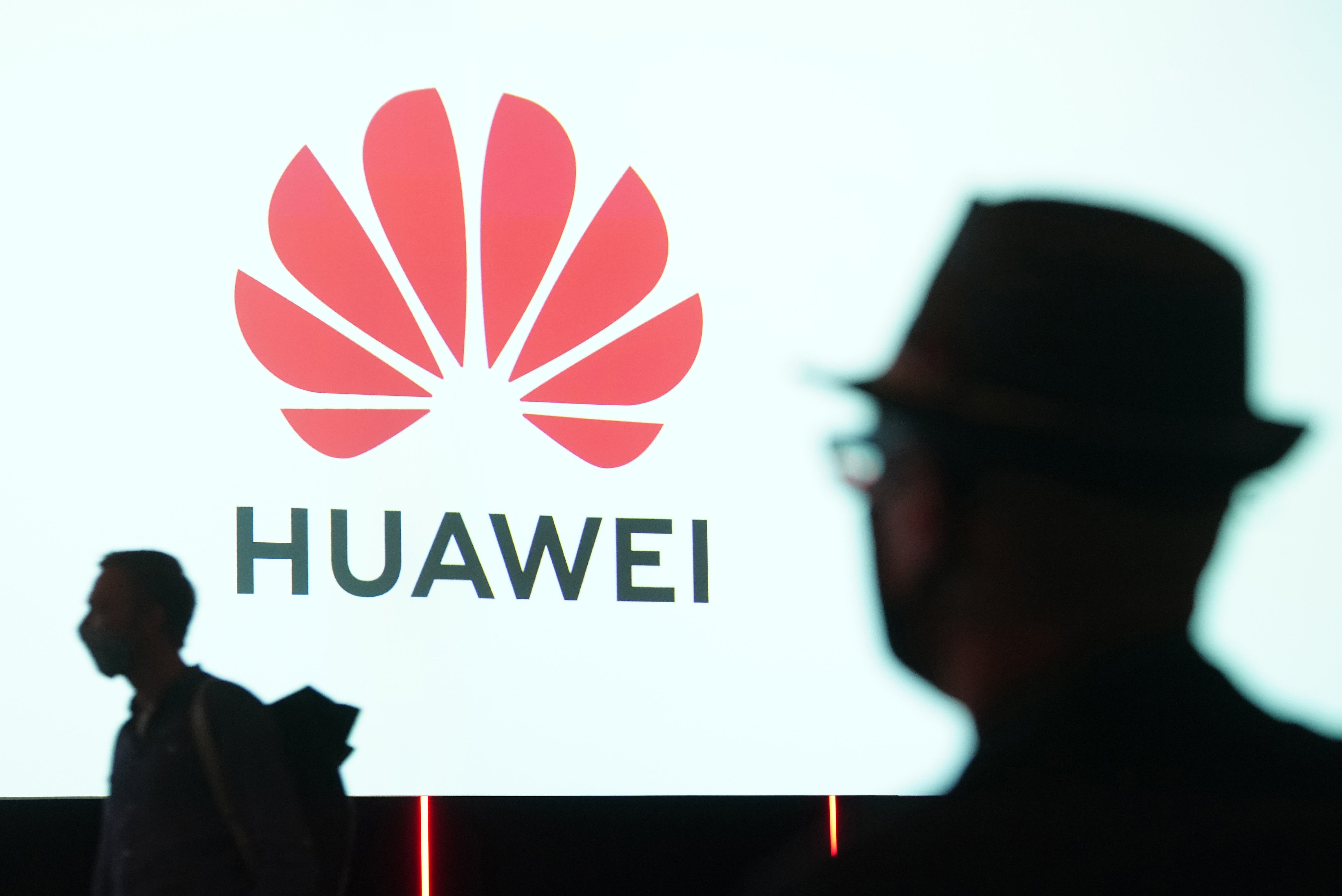Huawei will start charging Apple and Samsung royalties for 5G technology in phones, smart devices, and cars
Per-phone royalties would be capped at $2.50 per device for phones, but water meters and cars would also be charged

Your support helps us to tell the story
From reproductive rights to climate change to Big Tech, The Independent is on the ground when the story is developing. Whether it's investigating the financials of Elon Musk's pro-Trump PAC or producing our latest documentary, 'The A Word', which shines a light on the American women fighting for reproductive rights, we know how important it is to parse out the facts from the messaging.
At such a critical moment in US history, we need reporters on the ground. Your donation allows us to keep sending journalists to speak to both sides of the story.
The Independent is trusted by Americans across the entire political spectrum. And unlike many other quality news outlets, we choose not to lock Americans out of our reporting and analysis with paywalls. We believe quality journalism should be available to everyone, paid for by those who can afford it.
Your support makes all the difference.Huawei will begin charging royalties to Apple and other companies that use its 5G technology, as a way to gain revenue after challenges in the United States.
As Bloomberg reports, Huawei has the largest accumulation of 5G patents and would negotiate rates and cross-licensing with companies including Apple and Samsung, according to Chief Legal Officer Song Liuping.
It is estimated that the Chinese giant would be set to receive payments of around $1.3 billion (£930 million) from fees between 2019 and 2021, although the company did not specify how much of that would come from 5G technology specifically.
Per-phone royalties would be capped at $2.50 per device, Huawei said. Apple reportedly sold 70 million iPhones globally in the last three months of 2019 while Samsung, the largest Android manufacturer, sold a similar 68.8 million Galaxy smartphones during the same time period.
Smartphones are not the only products Huawei’s patents could see it profit from. The company also wants water meters and smart cars to be subject to rates, the company says.
Huawei’s revenue streams have been challenged for years, following former president Trump’s restrictions on the Chinese company which also stopped it loading Google apps on its smartphones.
The UK followed suit, with the government announcing in July 2020 a ban on Huawei’s equipment in its 5G infrastructure. Huawei’s equipment will remain in 4G services, as it has since 2009.
Unfortunately, the UK’s recent 5G auction has only raised £1.36 billion for the Treasury, less than half of what analysts predicted the bidding could garner. A previous 5G sale in 2018 raised £1.35 billion, but that is still significantly less than the £22.5 billion raised by the UK’s 3G auction in 2000, the Financial Times reports.
Read more:
Recently, Huawei company had to sell off Honor, its sub-brand, to Shenzhen Zhixin New Information Technology. "This sale will help Honor's channel sellers and suppliers make it through this difficult time," Huawei said at the time.
Although the smartphone giant has been negatively affected in the short-term, it is possible that these actions could prove beneficial in the long-term. China’s 5G development, as well as its artificial intelligence research, is vastly growing as the country sees itself as able to take the lead globally on the new technology.
This is because the Chinese government can use smart cities to better manage its citizens. “Chinese cities are chaotic at many, many levels,” Paul Triolo, who analyses global technology policy for the Eurasia Group, a political risk consultancy, told MIT.
“The government thinks 5G will help it manage this population by smoothing the flow of traffic and generally making cities more efficient and liveable.”
Huawei says that American sanctions should not stop it being able to license its technology with US companies because such patents are publicly available, allowing it to keep up development in wireless technology against competitors such as Ericsson and Nokia.
The Independent has reached out to Huawei for more information.
Join our commenting forum
Join thought-provoking conversations, follow other Independent readers and see their replies
0Comments